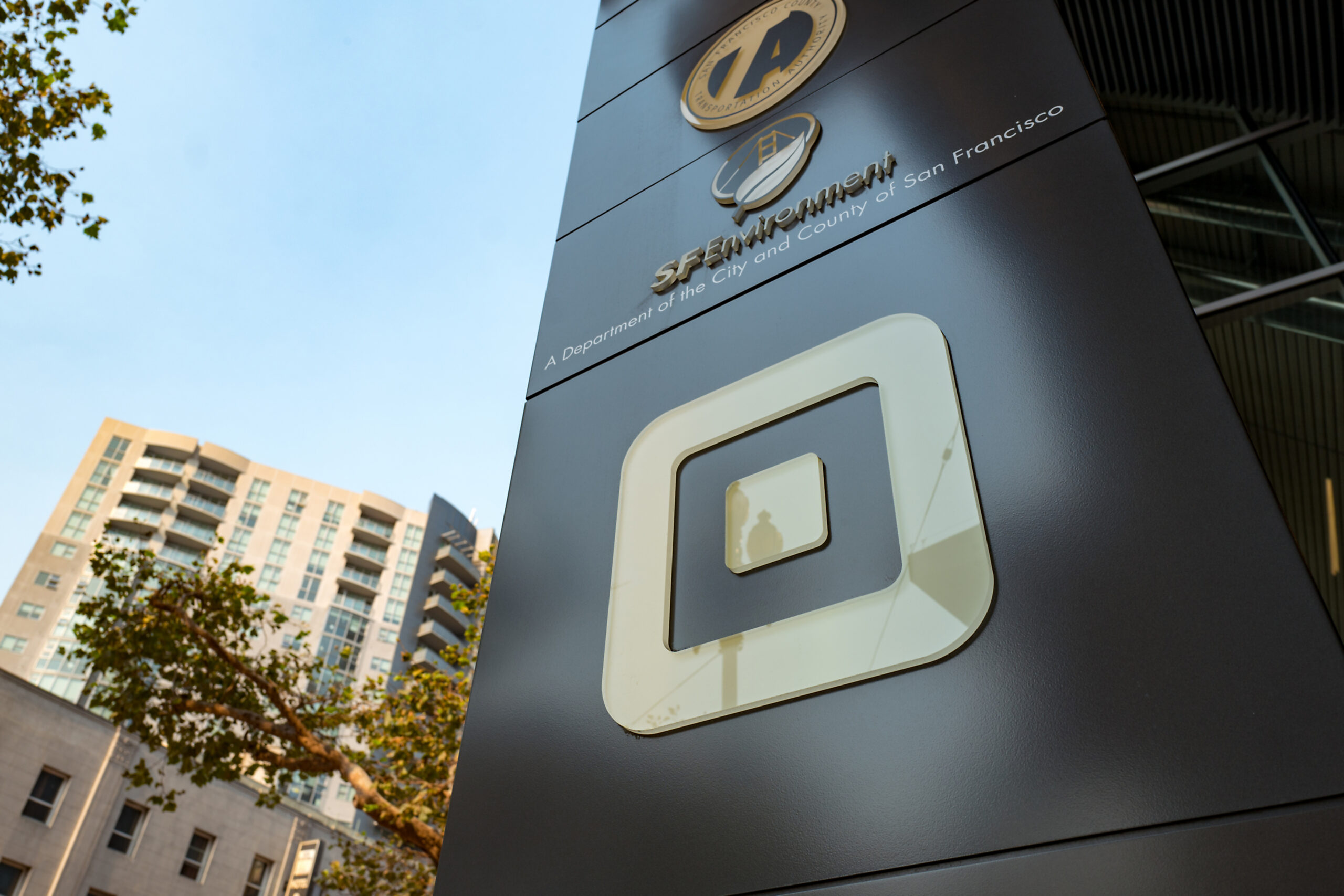The money San Francisco collected from a controversial 2018 business tax known as Prop C fell from $394 million for July 2019 to June 2020 to $218 million for the following year, according to the city controller’s office.
Prop C, aimed at housing the homeless, specifically targets companies with revenues of more than $50 million. The drop in Prop C revenue was far greater than the 12% decline in revenue over the same period from the tax that applies to all businesses, showing the extent to which mobile workers and their employers left the city during the pandemic.
SF’s tech billionaires brawled publicly when Prop C was put on the ballot in 2018, and the juxtaposition of tech money and the city’s chronic homelessness problems made national headlines. The measure passed by a wide margin, but then was challenged in court, so funds weren’t available for spending until late 2020.
It’s unclear how the decline in Prop C revenue might affect homelessness spending in the immediate future. Prop C revenues go into a fund specifically for creating solutions to homelessness, though it’s far from the only money SF spends on the issue.
Prop C advocates said they expect revenue will climb as the city recovers from the pandemic. And the $218 million amount is more in line with the original estimate of $250 to $300 million a year so she’s not concerned about the recent drop in funding, said Jennifer Friedenbach, who is part of the committee that oversees Prop C funds.
The dramatic drop in Prop C revenue highlights the risks to San Francisco’s economy as the Covid pandemic and other forces makes it easier for companies—and individuals—to locate anywhere. The tax is calculated based on the percentage of a company’s employees who work in the city, creating an incentive for firms to keep people at home at a time when the city is desperate for them to return to empty downtown offices.
“San Francisco’s approach to taxation has been to assume that they had something pretty unique and they could therefore put taxes on businesses located there without it having an impact on employment in the city,” said Alan Auerbach, a tax economist at UC Berkeley. “Covid was a shock to the system, and companies have found they can operate without employees in the city. It makes SF tax policy even more problematic, because now they can’t assume that companies will need to have their workers there.”
SF voters have approved 7 new business taxes since 2018, compared to just 1 change each for San Jose and Oakland in the past decade, according to city officials. Business taxes are the second-largest individual source of revenue for the city, behind property taxes.
The economic health of downtown SF is not just about the tax revenue: office workers generated 75% of the city’s gross domestic product pre-Covid—every cubicle denizen spends thousands a year on food, products and services—and San Francisco’s central business district recovery is by most measures the slowest of any major city in the country.
Proponents of Prop C positioned it as a modest tax that would help address SF’s massive income disparities. Salesforce founder Marc Benioff, who put $7.9 million in personal and corporate money behind Prop C, insinuated that tech founders who didn’t support Prop C were amoral. Benioff did not respond to a request for comment for this story.
Those who opposed, like Jack Dorsey of Square (now called Block) and the Collison brothers of Stripe, said they also wanted to fix homelessness, but that Prop C unfairly taxed financial services startups and money wasn’t the solution to the city’s homelessness crisis.
The Controller’s office predicted only a very modest impact on business activity from Prop C, estimating it would lead to a loss of 725 to 875 jobs and a .1% decline in the city’s gross domestic product. But the pandemic has upended those projections.
It’s not clear to what extent the revenue decline is temporary and due strictly to pandemic-driven moves.
Business-friendly interests warned Prop C would incentivize financial services companies like Block and Stripe to move their headquarters out of the city: Block ditched SF as its headquarters during Covid and Stripe has decamped to South San Francisco.
Neither company will confirm that Prop C was what prompted them to do it, though in the case of Stripe, the move announcement came before the pandemic hit.
The financial services division of Block that is still called Square generated revenues of $5.2 billion in 2021. It would have paid around $15 million in Prop C tax if half of its employees were working from SF, and $21 million in regular business taxes, according to a Standard analysis. With most employees working from home and no big offices in SF, Square’s tax revenue to SF is likely just a fraction of that now.
Friedenbach disputed that the tax was encouraging companies to keep their workers out of SF.
“Companies are not leaving due to a tiny little half a percent tax on income over $50 million,” she wrote in an email. “That has always been hyperbole.”
She also said the recovery of downtown recovery is linked to reducing homelessness.
“Without Prop C, thousands more would be on the streets and business interests would be complaining about that,” she wrote. “It is a fair way to ensure the very poorest in SF have an opportunity to thrive. And that benefits all of us.”
